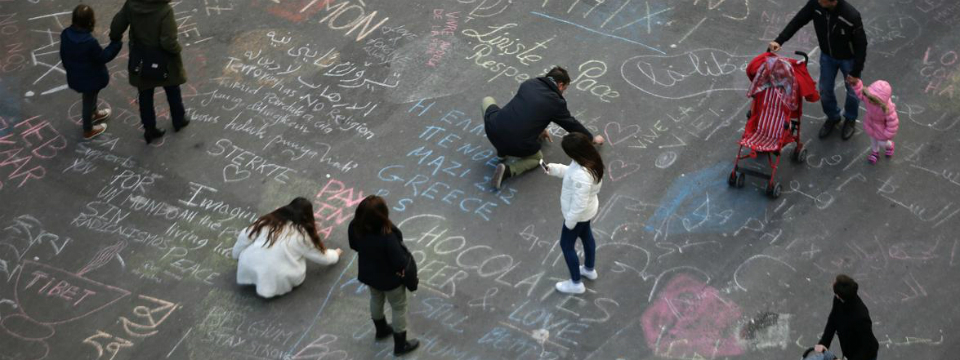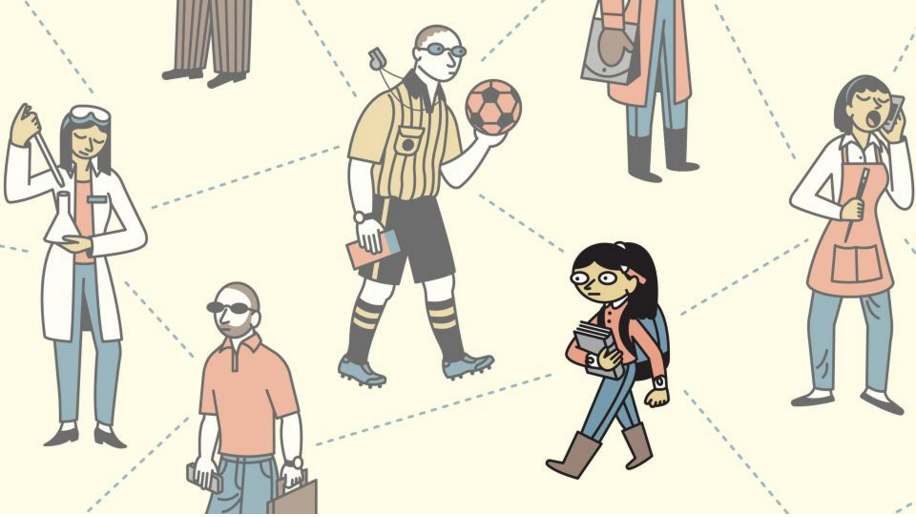It Takes a Community: Nine Principles for Effective Youth Services Organizations
From Peter Samuelson In 2014, the Thrive Foundation searched across the nation for organizations providing services to disadvantaged youth nationwide with a caring adult at the center of their program delivery model and found eight exemplary organizations. Led by Thrive’s Director of Research and Evaluation, Peter Samuelson, Ph.D., the foundation then embarked on an evaluation to […]











